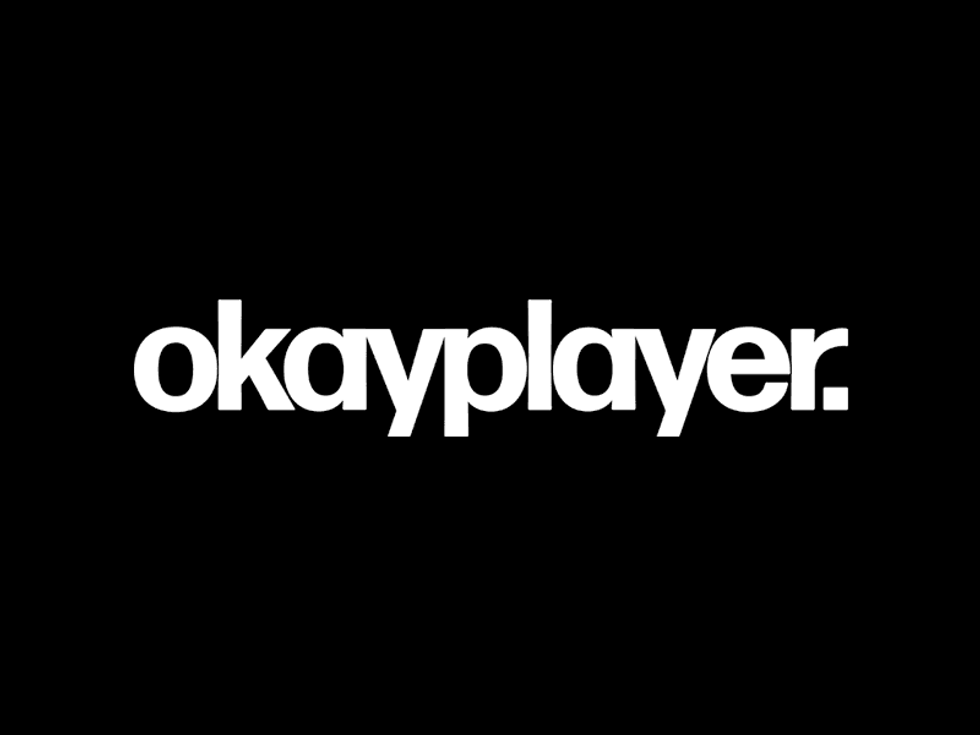MCQUEEN: Let's go deep very quickly then: Talk to me about who you were and who you've become—both before and after your accident, the car crash. Who are those two people, Kanye before and Kanye after? Are they different people? Was there a seismic change in who you were after you nearly lost your life?WEST: I think I started to approach time in a different way after the accident. Before I was more willing to give my time to people and things that I wasn't as interested in because somehow I allowed myself to be brainwashed into being forced to work with other people or on other projects that I had no interest in. So simply, the accident gave me the opportunity to do what I really wanted to do. I was a music producer, and everyone was telling me that I had no business becoming a rapper, so it gave me the opportunity to tell everyone, "Hey, I need some time to recover." But during that recovery period, I just spent all my time honing my craft and making The College Dropout. Without that period, there would have been so many phone calls and so many people putting pressure on me from every direction—so many people I somehow owed something to—and I would have never had the time to do what I wanted to.
MCQUEEN: So basically, it allowed you to focus, and you realized at a certain point that it was now or never—and that you had to do it now.
WEST: Yes. It gave me perspective on life—that it was really now or 100 percent never. I think that people don't make the most of their lives. So, you know, for me, right now it seems like it's the beginning of me rattling the cage, of making some people nervous. And people are strategically trying to do things to mute my voice in some way or make me look like I'm a lunatic or pinpoint the inaccuracies in my grammar to somehow take away from the overall message of what I'm saying ...
MCQUEEN: Well, unfortunately, that is indicative of what a lot of black performers and leaders have had to go through. People will often try to undermine them in a way to take away their power. You know, when I saw you perform, I was like, "This guy is gonna die on stage." When I saw you play, it felt like that—like it could be the last performance that you give. There's an incredible intensity to your performances.
WEST: As my grandfather would say, "Life is a performance." I'm giving all that I have in this life. I'm opening up my notebook and I'm saying everything in there out loud. A lot of people are very sacred with their ideas, and there is something to protecting yourself in that way, but there's also something to idea sharing, or being the person who makes the mistake in public so people can study that.
MCQUEEN: It can be hard to take those kinds of risks as an artist if you're thinking about tomorrow.
WEST: Well, all we have is today. You know, the past is gone, and tomorrow is not promised.
MCQUEEN: So Yeezus was about throwing away what people want you to do—the so-called "success"—so you could move on to something else.
WEST: It's the only way that I can survive. The risk for me would be in not taking one—that's the only thing that's really risky for me. I live inside, and I've learned how to swim through backlash, or maintain through the current of a negative public opinion and create from that and come through it and spring forth to completely surprise everyone—to satisfy all believers and annihilate all doubters. And at this point, it's just fun.
MCQUEEN: But there must have been moments of doubt or depression or sadness. I mean, with what happened after the Taylor Swift incident [at the 2009 MTV Video Music Awards] and all the negativity that came your way as the result of that. How did you deal with it all mentally, physically, and spiritually?
WEST: It's funny that you would say "mentally, physically, spiritually" because my answer before you even said that was going to be "god, sex, and alcohol."


